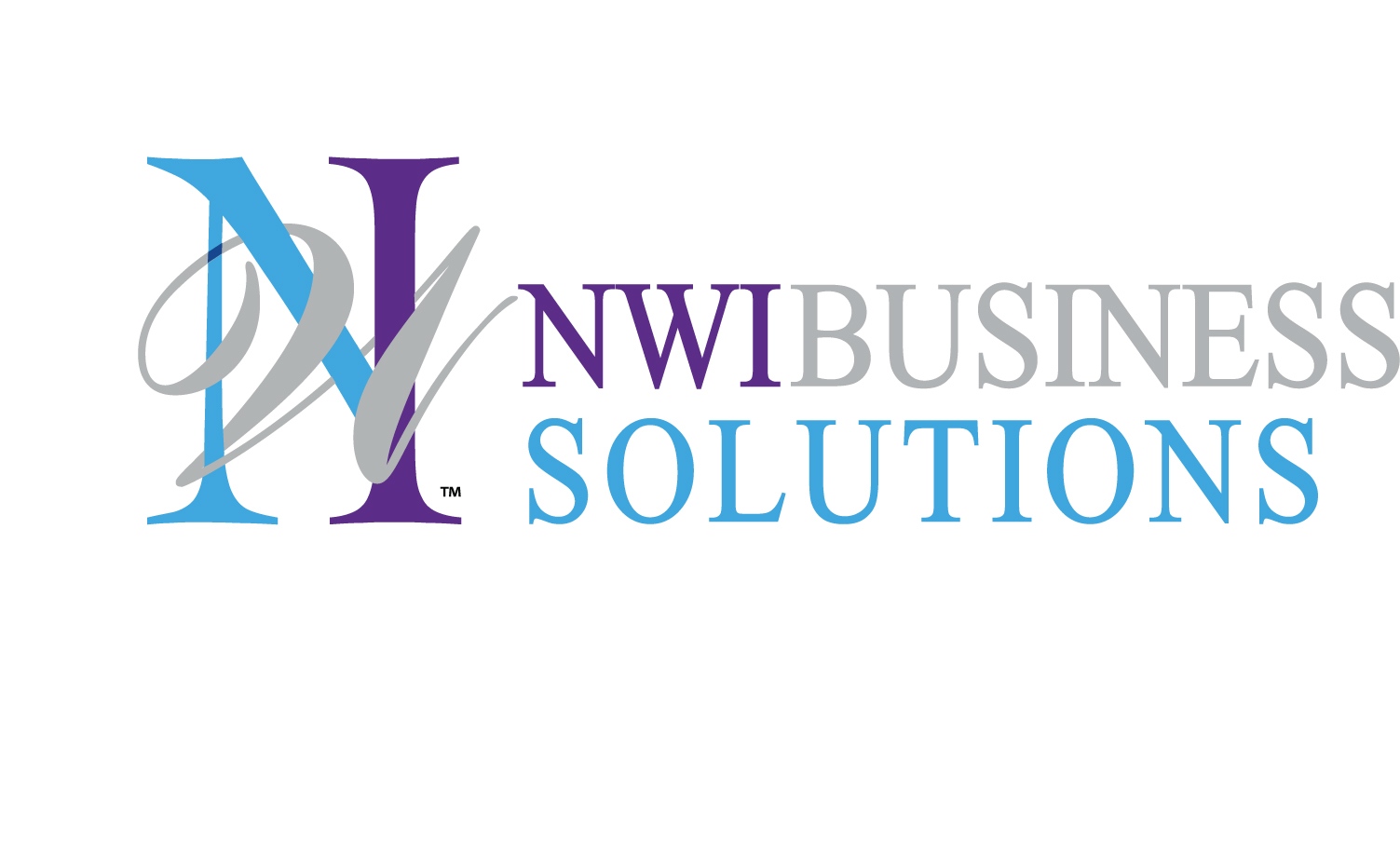Social media is one of the things that business owners seem to struggle with the most. Aside from just finding the time to manage social media accounts, there is often confusion about which platforms to use.
Some business owners may even question if they need to use social media at all.
Does social media matter for your business?
The short answer is yes.
In a recent study, thirty percent of consumers say they may choose not to purchase from a company that does not have a social media presence. Thirty-nine percent responded that they prefer businesses who regularly post to their Facebook profiles.
While social can increase leads and sales, there is significant value in simply engaging with your target audience and building awareness and confidence in your company.
Think of social media as a necessary, but not sufficient, marketing activity.
How to choose the right platform(s)
A common mistake that businesses make with social media is using too many platforms and/or using the wrong platforms.
With so many options available how do you know which platform to use for your business? To narrow the options, the best approach is to evaluate the characteristics of each of the four classic platforms – LinkedIn, Facebook, Twitter, and Instagram in the context of your goals and type of business (B2C or B2B).
Rarely will you need to use more than two or three of the classic platforms to implement your social strategy. In some cases, you may only need to use one platform. Keep in mind that each platform takes time (and money) to implement and manage properly – so choose wisely.
If you’re a B2B company, LinkedIn is the place to be. More B2B leads are generated through LinkedIn than any other social media platform.
Tailor-made for professional networking and job searches, decision-makers and influencers can be found in abundance on LinkedIn. Four out of five LinkedIn members drive business decisions, and LinkedIn’s audience has twice the buying power of the average web audience.
LinkedIn is best suited for highlighting your credentials, establishing authority and trust, and connecting with potential clients, employees, and power partners. If you’re an owner or CEO, you should participate in LinkedIn through your personal profile and, also ensure that the company page is active.
BEST FOR: B2B. TOP 10 INDUSTRIES: Financial, Employment, Science and Technology, Legal, Manufacturing, Marketing, Education, Professional Services, Health and Wellness, IT
TARGET AGE AND GENDER: 25 – 45, both men and women.
Facebook is the most popular social network in the world with more than two billion users. As a result, nearly everyone is on Facebook. Sixty-eight percent of U.S. adults are active on Facebook, according to Pew Research Center. Three-quarters of these access Facebook daily. Facebook alone accounts for a significant share of daily web traffic.
Facebook is best suited for B2C and is an ideal means to humanize your business, highlight products, and build relationships with both prospects and current customers. Photos, contests, questions, videos, and other short posts work well on Facebook.
Some industries may be a poor fit with Facebook. These include heavy machinery, highly technical fields, and manufacturing.
With the right strategy and content, however, B2B organizations can benefit from a Facebook business page. Content that includes behind the scenes, video, profiles of employees, charity work, customer profiles, and customer service assistance is recommended.
If, however, time and resources are limited, and appropriate content is scarce, it’s best for B2B users to instead focus their efforts on LinkedIn.
BEST FOR: B2C, in some cases B2B. TOP INDUSTRIES: Fashion, Auto, E-commerce, Retail, Entertainment, Real Estate, Marketing, Sports, Health and Wellness, News and Information
TARGET AGE AND GENDER: Anywhere from 25 – 55+, both men and women.
Of the four major platforms, Twitter and Instagram have the youngest users. Both are used extensively for B2C marketing. If used correctly, however, B2B companies can also benefit from Twitter.
As one source mentioned, “Just being on Twitter shows you’re part of the conversation among savvy consumers who expect to be able to hold a dialogue with companies they patronize.”
On Twitter, you can respond to customer complaints, create a “voice” that engages with followers as well as push out company messages and new product launches. Twitter is “real time” interaction and is particularly useful for “live updates” while at trade shows and other events.
One source cautioned that it’s “important to remember is that Twitter is a top-of-the-funnel tactic. Where many B2B organizations go wrong on Twitter is trying to post sales or technical content. The prospect is still at the awareness stage, and they are looking for high-level materials that meet their needs or addresses their pain points.”
BEST FOR: B2C, some B2B. TOP 10 INDUSTRIES: News and Information, Retail, E-commerce, Health and Wellness, Travel and Hospitality, Telecom, Finance, Fashion, Retail, Sports
TARGET AGE AND GENDER: 18 – 29, both men and women.
Instagram is suited for B2C companies that have a visually appealing product. Instagram is a photo app, where users upload and share images. They expect high-quality, high-impact images that tell a story. Posting stock or poor quality photos is not effective on Instagram. If you do not have a visually appealing consumer product or access to a stream of quality photographs, Instagram is not your best option.
BEST FOR: B2C. TOP 10 INDUSTRIES: Travel and Hospitality, Fashion, Health and Wellness, Arts and Crafts, Food and Beverage, E-commerce, Beauty, Photography, Auto, Event Planning
TARGET AGE AND GENDER: 18 – 35. More women than men.
Final thoughts
Although choosing the best social media platform(s) for your business ultimately saves time and money, even the simplest social strategy requires daily attention.
The reality is that many businesses lack the time or expertise to select and manage their platforms effectively. In these cases, we recommend that you engage a partner such as NWI to handle the process for you.


Recent Comments